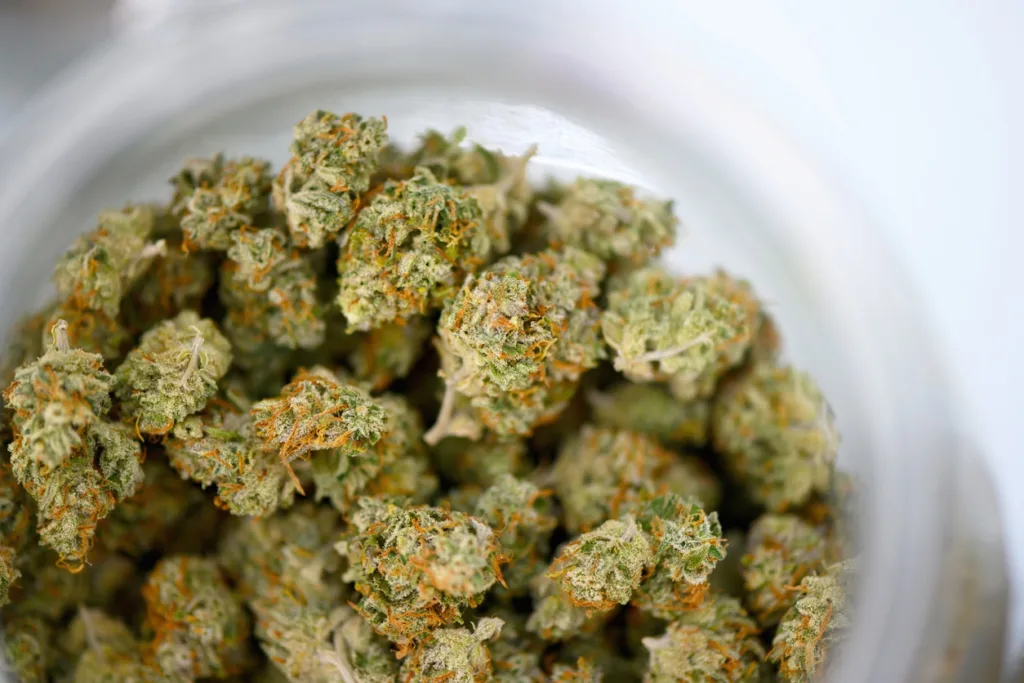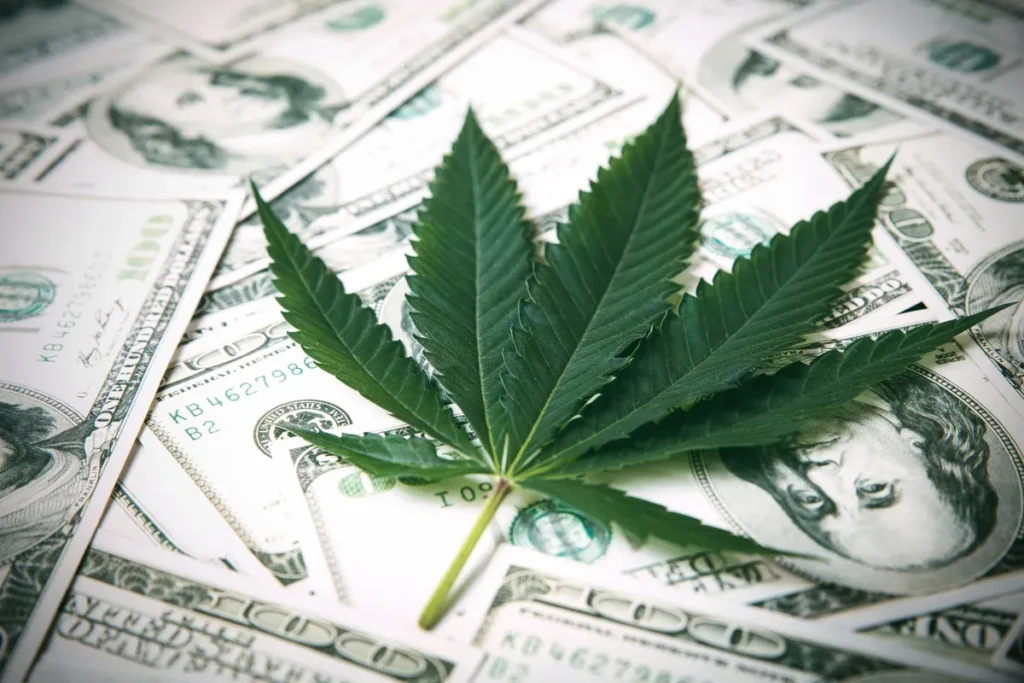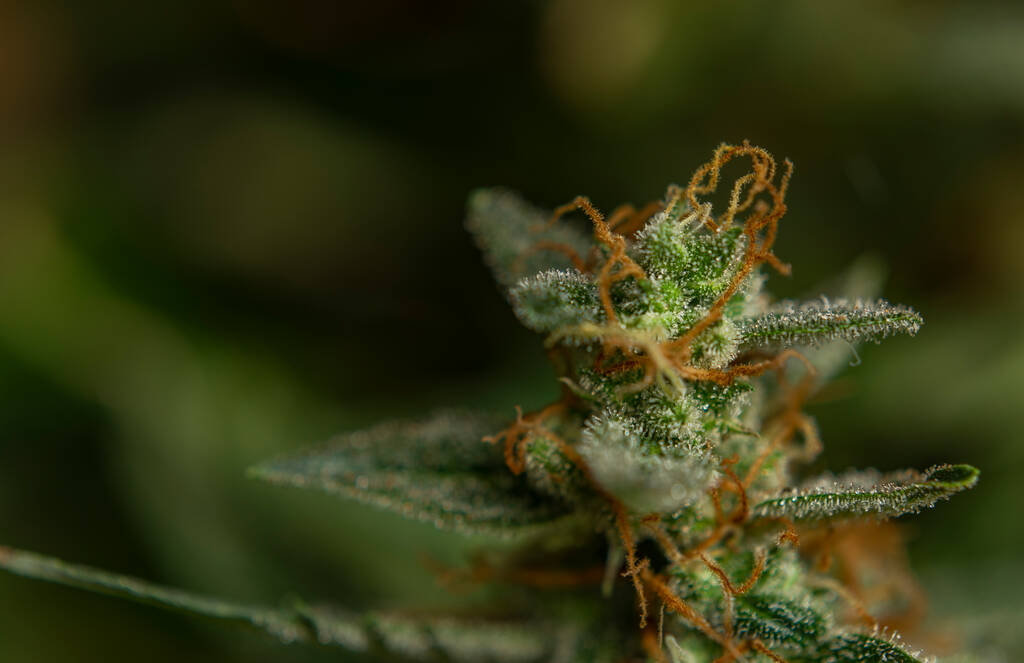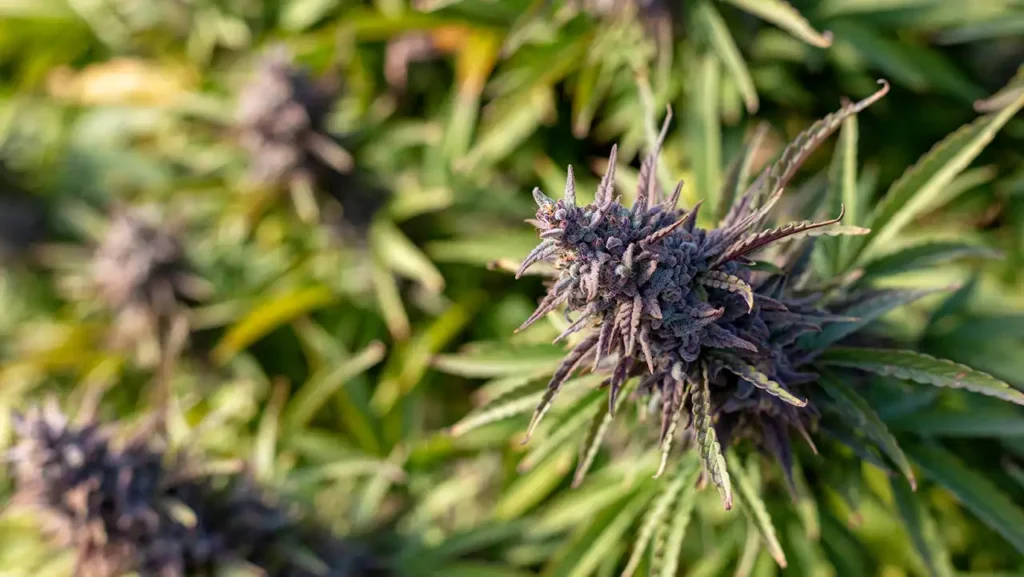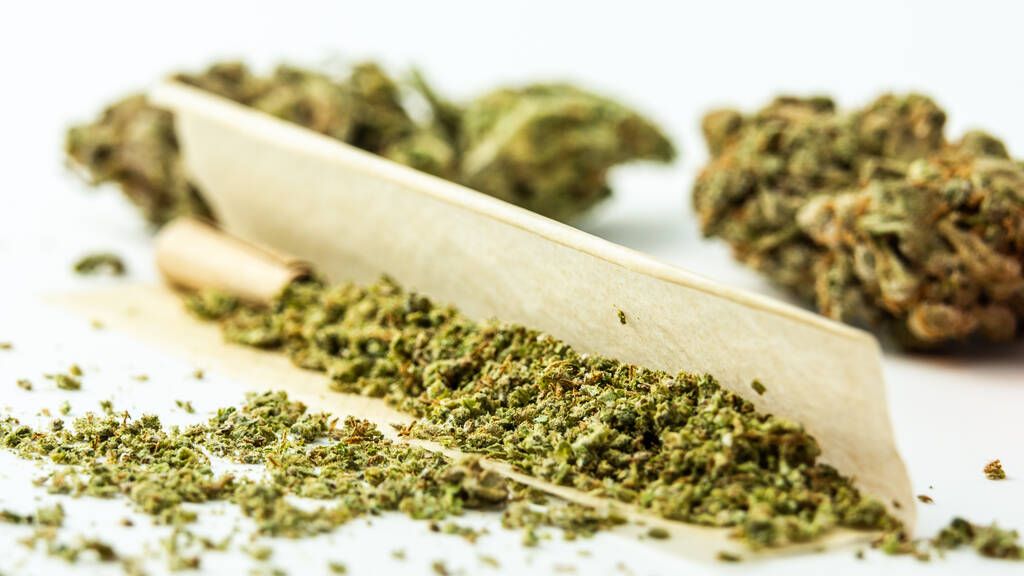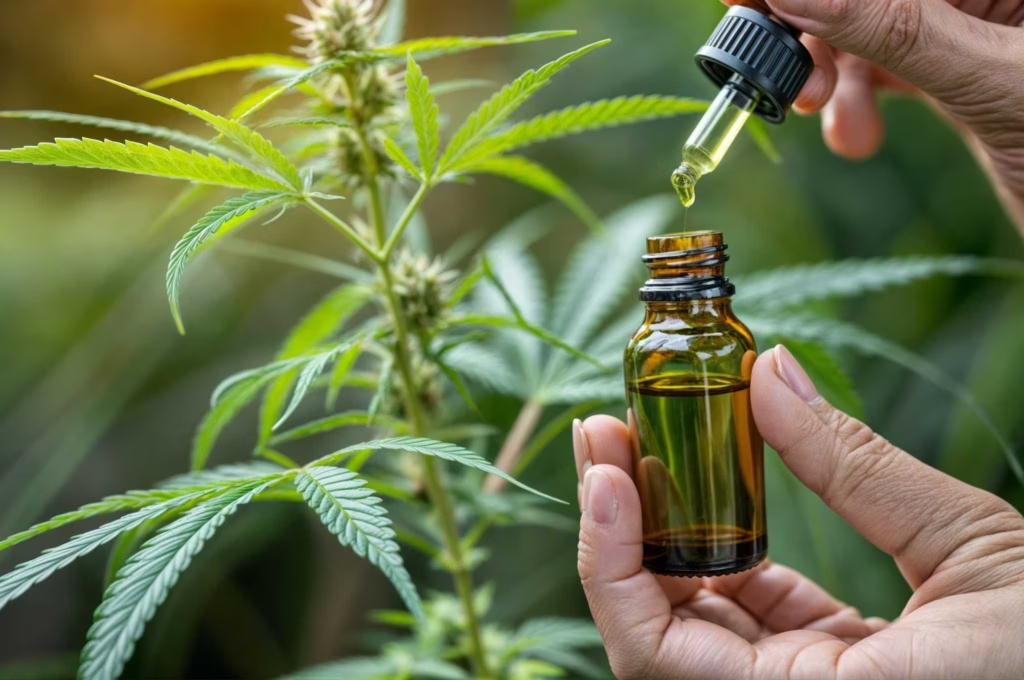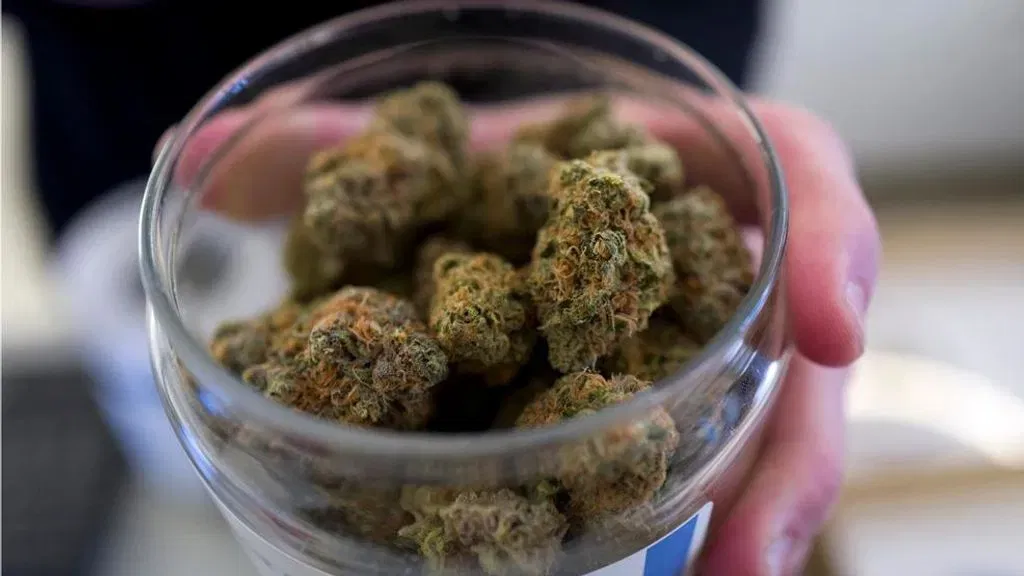Colorado Governor Jared Polis has issued a sweeping round of pardons for individuals with past psilocybin-related convictions, marking the state’s first-ever move of this kind for psychedelics.

The announcement came Wednesday during the Psychedelic Science 2025 conference, just two weeks after Governor Polis signed legislation granting himself and future governors the authority to issue clemency for offenses involving substances that have since been legalized. The new law, backed by State Senator Matt Ball and Representative Lisa Feret, allows pardons for low-level possession convictions involving psilocybin, psilocyn, DMT, and ibogaine.
Under the executive order, anyone convicted at the state level for possession of psilocybin or psilocyn is now eligible for a pardon. Governor Polis called the measure part of Colorado’s ongoing shift “towards a fairer future,” echoing his support for reform since the state approved natural medicine legalization in 2022.
Continue reading

